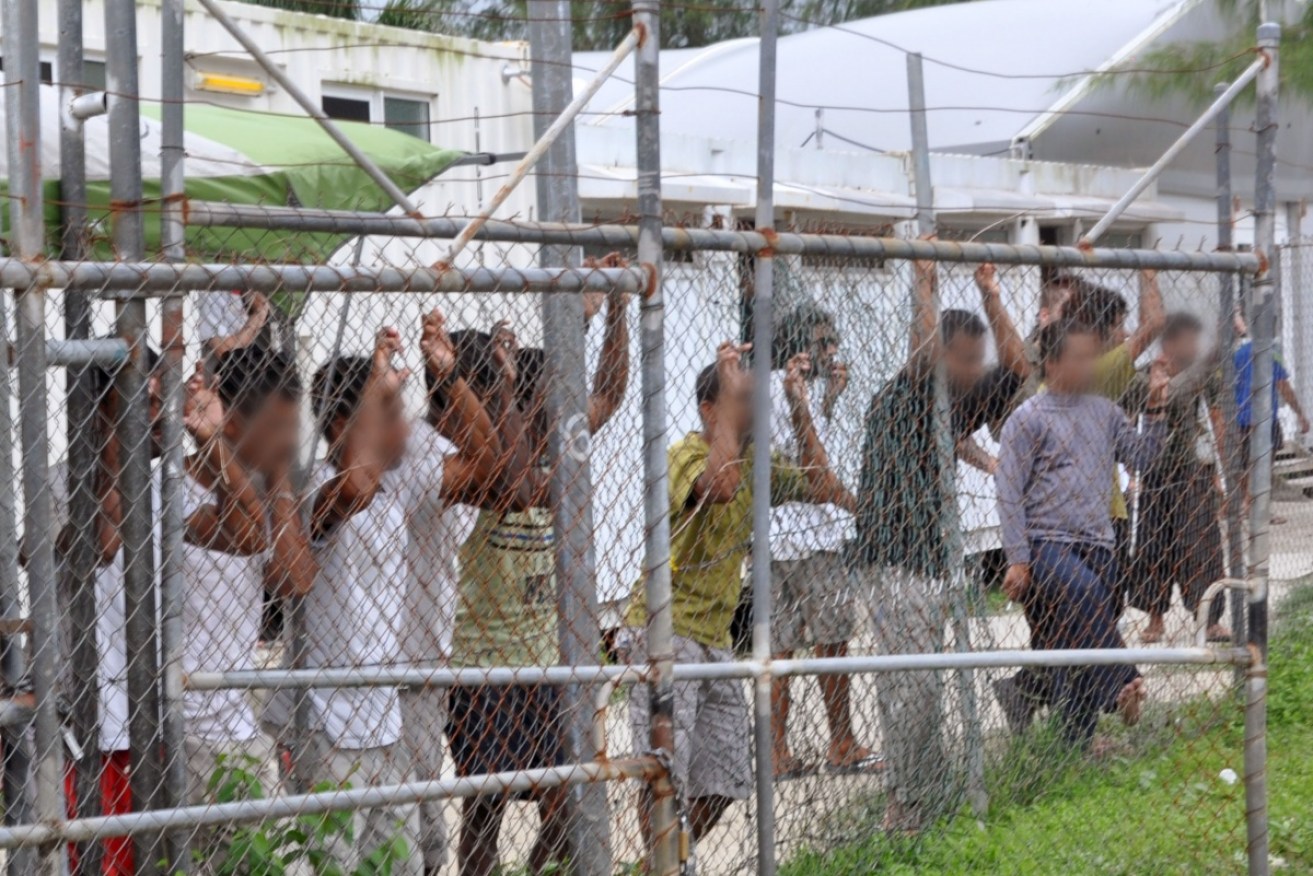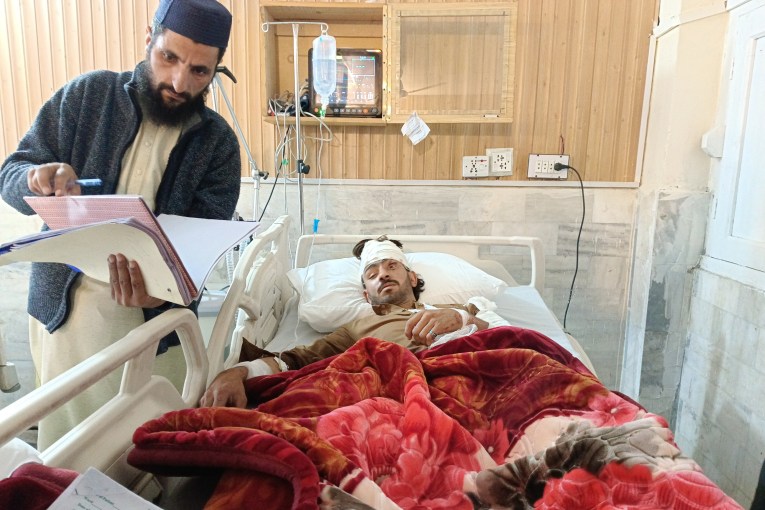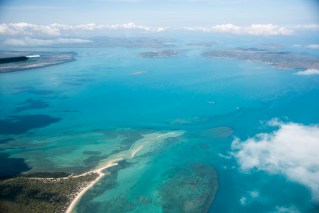US officials leave Nauru early, casting doubt on asylum-seeker swap


The Manus security contract was awarded without competitive bidding. Photo: AAP
The fate of asylum seekers on Nauru and Manus Island has been thrown into doubt after American officials vetting applicants for resettlement in the US abandoned the interview process and flew home.
The camps’ detainees had been hoping to obtain permanent residency in the US under the terms of an agreement worked out by Prime Minister Malcolm Turnbull and Barack Obama and announced on November 13 – days after the election that made Donald Trump the president-in-waiting.
Trump infamously ranted against what he called a “dumb deal” imposed on his administration by a lame-duck predecessor during his first conversation with Turnbull. He later agreed the transfer could go ahead subject to the “extreme vetting” of applicants.
The sudden exit two weeks earlier than anticipated of the US officials conducting the interviews has raised questions about America’s ultimate intentions in regard to the transfer.
Their departure from Nauru came one day after the US announced it had already filled its new, reduced quota of 50,000 refugees for the fiscal year. This means no more refugees will be accepted until October unless they have a bona fide family connection in America.
An indefinite postponement of the deal would have significant repercussions for Australia’s pledge to close a second detention centre on Papua New Guinea’s Manus Island on October 31.
Only 70 refugees, less than 10 per cent of the total detainees held in the camp, have completed US processing.
A spokesperson for US Citizenship and Immigration Services (USCIS) said the agency does not discuss the timing of its vetting program, but said the refugee program is continuing and that officials will return to Nauru.
“We do not discuss the exact dates of USCIS’ circuit rides to adjudicate refugees’ applications. However, we are planning return trips,” the agency said in a statement.
“It is not uncommon for the dates of tentatively-planned refugee circuit ride trips worldwide to change due to a wide variety of factors.”
Ian Rintoul from the Refugee Action Coalition said the deal was looking “more and more doubtful”.
“The US deal was never the solution the Australian Government pretended it to be,” he told ABC News.
Foreign Minister Julie Bishop denied the refugee swap was in jeopardy, saying she expected the process to begin again in October, when 2018’s refugee intake begins.
As drafted, the resettlement pact would see Australia consider resettling Central American refugees from a centre in Costa Rica, while the US promised to consider taking refugees from Manus Island and Nauru.
The swap is designed, in part, to help Australia close both Manus and Nauru, which are expensive to run and have been widely criticised by the United Nations and others over treatment of detainees.
– with AAP and ABC








